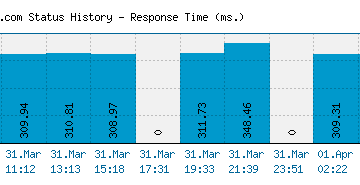The Impact and Evolution of AI in Today’s World

Introduction
Artificial Intelligence (AI) has rapidly transformed from a theoretical concept into a pivotal technology integral to numerous sectors. Its importance is underscored by its ability to enhance efficiency, drive innovation, and solve complex problems across various industries. As organisations increasingly adopt AI solutions, understanding its implications and future trajectory is essential for stakeholders ranging from businesses to policymakers.
Current Developments in AI
Recent advancements in AI, particularly in machine learning and deep learning, have led to unprecedented growth in applications. According to a report by Grand View Research, the global AI market size is expected to reach approximately £390 billion by 2025, growing at a compound annual growth rate of 46%. These advancements have been notably impactful within sectors such as healthcare, finance, and manufacturing.
In healthcare, AI systems are being employed to analyse medical data, allowing for more accurate diagnoses and personalized treatment plans. Notably, IBM’s Watson Health has demonstrated the potential to process vast datasets efficiently, marking a significant shift in patient care.
In the financial industry, AI algorithms are enhancing security by detecting fraudulent transactions in real-time, as well as helping financial advisors determine the best investment strategies for their clients. These applications highlight the need for continuous innovation in technologies that can offer predictive analytics and tailored insights.
Challenges and Ethical Considerations
Despite its many benefits, the proliferation of AI also brings significant challenges and ethical concerns. Issues surrounding data privacy, inequality, and the potential displacement of jobs are of paramount importance. For instance, a McKinsey report estimates that as many as 375 million workers may need to switch occupations due to automation driven by AI.
Additionally, the emergence of AI technologies raises questions about accountability. As algorithms make critical decisions, clarity is needed on who is responsible for errors or biases in these systems. The push for regulatory frameworks that ensure ethical AI use is gaining momentum, as governments worldwide seek to establish guidelines that promote fairness and transparency.
Conclusion
Looking ahead, the influence of AI is set to deepen, with forecasts suggesting that it will continue to reshape various sectors and aspects of everyday life. The blend of opportunity and challenge that AI presents underscores the importance of informed discussions surrounding its development and use. Stakeholders involved in the evolution of AI—including businesses, researchers, and policymakers—must collaborate to ensure technology enhances societal well-being while addressing the associated risks. In this rapidly changing landscape, staying informed about AI’s trajectory and implications is crucial for individuals and organisations alike.








